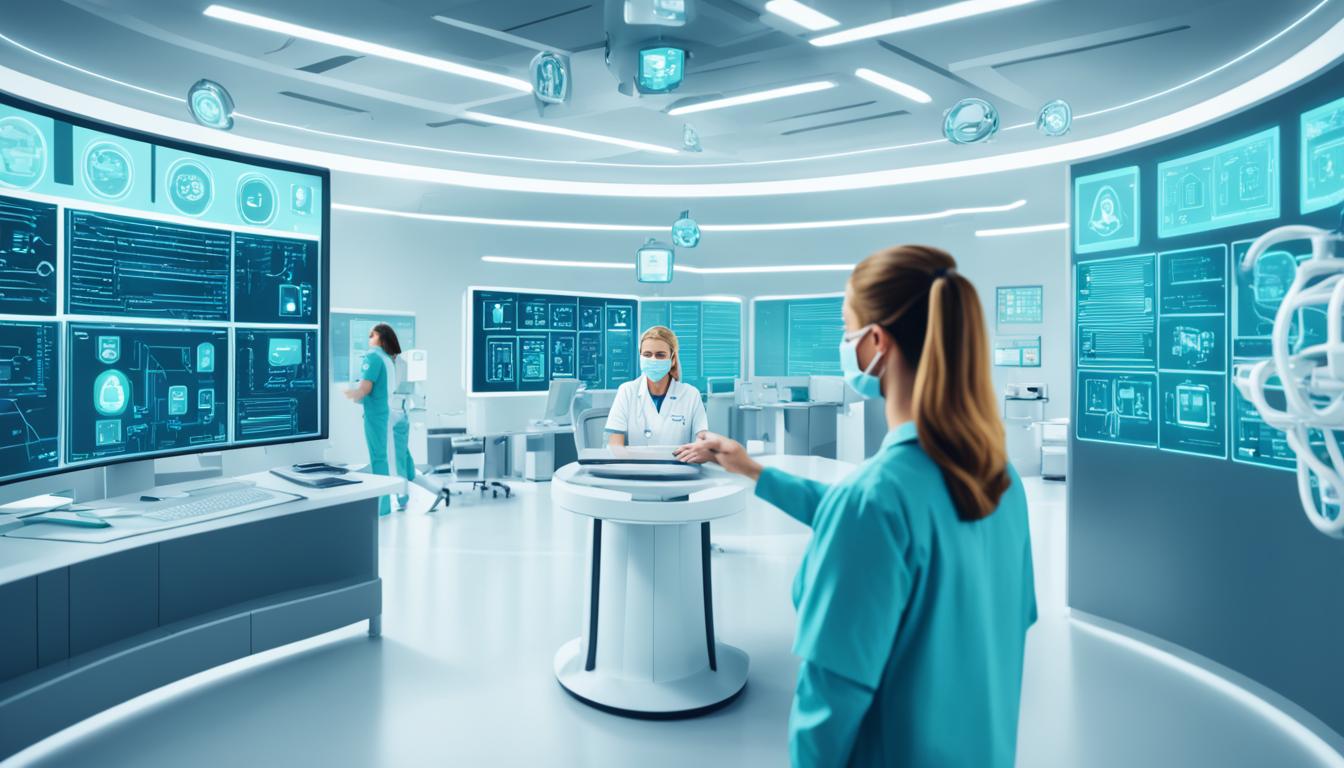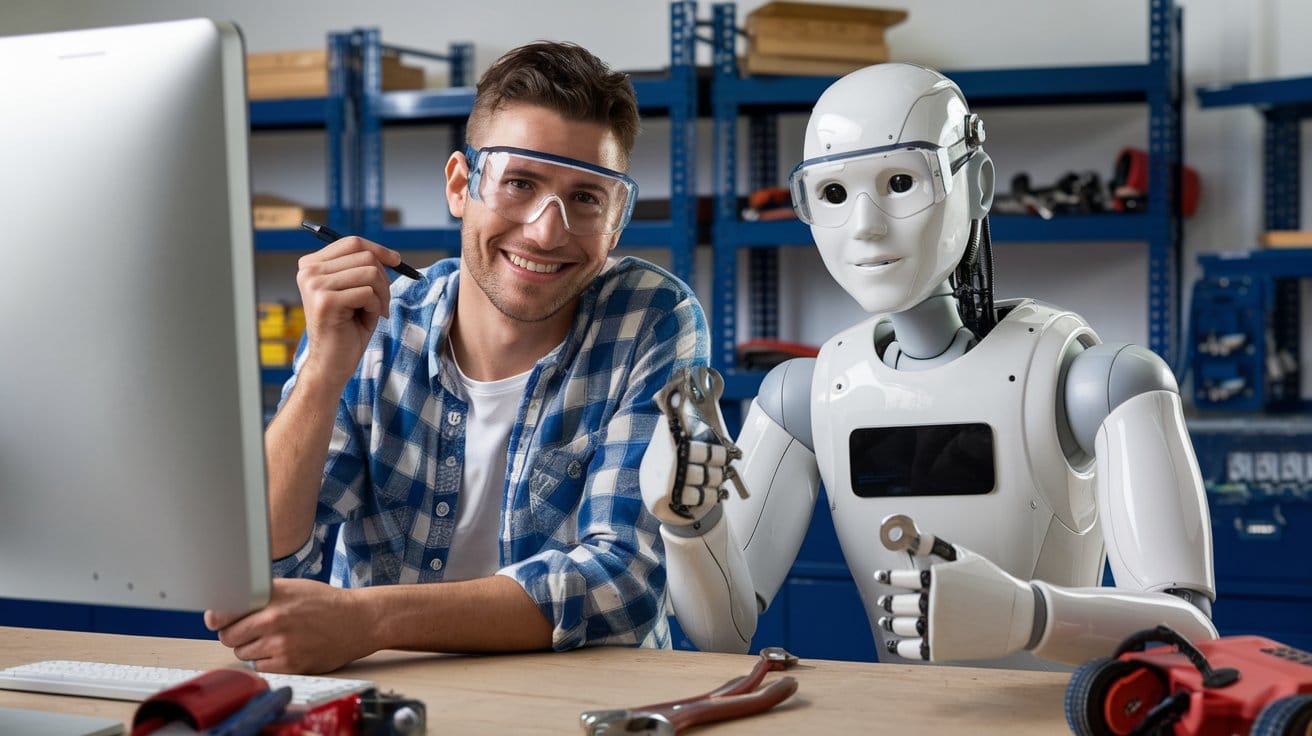Ever wonder what kinds of jobs will be in high demand in a world driven by AI? We hear a lot about the roles AI might replace—but that’s only half the story. The truth is, this tech revolution is also opening doors to exciting, brand-new careers we couldn’t have imagined a few years ago.
Instead of fearing the change, this is our chance to get ahead of it. The future of work is shifting fast, and those who stay curious and adaptable are the ones who’ll come out on top.
Here are five emerging careers that are set to grow as AI becomes part of our everyday lives.
1. AI Ethics Consultant

With the growing influence of AI systems in critical decision-making processes, organizations need professionals who can ensure these technologies operate ethically. As an AI Ethics Consultant, you’ll help companies navigate the complex moral considerations of implementing AI.
Your responsibilities would include:
- Identifying and reducing prejudice with algorithmic audits
- Developing ethical guidelines for AI deployment
- Ensuring AI systems comply with emerging regulations
- Mediating between technical teams and stakeholders
According to a 2023 study by Deloitte, 68% of companies implementing AI systems reported hiring specialists to address ethical concerns. This percentage is expected to reach 85% by 2028, indicating substantial growth in this field.
2. Human-AI Collaboration Specialist

Artificial intelligence (AI) lacks human creativity, empathy, and contextual awareness, despite its superiority at processing enormous volumes of data and seeing patterns. Human-AI Collaboration Specialists will design workflows that maximize the strengths of both human workers and AI systems.
In this role, you would:
- Create processes that divide tasks optimally between humans and AI
- Train employees to collaborate efficiently using AI tools.
- Measure and improve collaborative productivity
- Design interfaces that facilitate seamless human-AI interaction
Research from the McKinsey Global Institute suggests that jobs combining human and AI capabilities could grow by 21% by 2030, creating approximately 133 million new positions globally.
3. Machine Learning Operations (MLOps) Engineer

As companies rely more heavily on machine learning models, they need experts who can deploy and maintain these systems at scale. Data scientists and IT operations are linked together by MLOps engineers.
Your daily work might include:
- Building pipelines for continuous integration and deployment of ML models
- Monitoring model performance and implementing version control
- Optimizing models for production environments
- Verifying the scalability and dependability of AI systems
According to LinkedIn’s 2024 Emerging Jobs Report, MLOps Engineer positions have seen a 116% annual growth rate since 2021, making it one of the fastest-growing tech specializations.
4. AI-Assisted Healthcare Coordinator

AI applications are significantly changing the healthcare industry. AI-Assisted Healthcare Coordinators will manage the integration of AI diagnostic tools, predictive analytics, and personalized treatment plans into patient care.
This role involves:
- Interpreting AI-generated health insights for patients
- Coordinating between AI systems and healthcare providers
- Ensuring patient data privacy and security
- Personalizing care plans based on AI predictions
A study in the Journal of Medical Internet Research predicts that healthcare organizations will create over 250,000 new positions focused on AI integration by 2030.
5. Augmented Reality Experience Designer

As AI enables more sophisticated augmented reality applications, companies need creative professionals who can design meaningful AR experiences. These designers combine artistic vision with technical understanding to create immersive digital overlays.
Your projects might include:
- Designing AI-powered educational AR experiences
- Creating virtual product demonstrations for retail
- Developing AR workplace training programs
- Building location-based augmented information systems
According to PwC’s Global Entertainment and Media Outlook, the AR experience market is projected to grow to $198 billion by 2030, creating an estimated 500,000 new design positions.
How to Prepare for These AI-Created Careers
Think about these tactics to set yourself up for these new roles:
1. Develop hybrid skills
Combine technical knowledge with domain expertise in fields like healthcare, education, or retail.
2. Pursue relevant education
Many universities now offer specialized courses in AI ethics, human-computer interaction, and machine learning operations.
3. Join communities
Participate in professional networks focused on emerging technologies to stay informed about new developments.
4. Work on interdisciplinary projects
Gain experience collaborating across departments to understand how AI integrates with various business functions.
AI will certainly change the landscape of jobs, but it will also generate exciting new opportunities. By developing the right skills now, you can prepare for a future where humans and AI work together to achieve greater outcomes than either could alone.
FAQ
Q: Do I need programming skills for all AI-related careers?
A: No. While technical roles like MLOps Engineering require programming knowledge, positions such as AI Ethics Consultant or Healthcare Coordinator focus more on domain expertise and communication skills.
Q: How soon will these jobs become mainstream?
A: Many of these positions already exist in pioneer companies. Widespread adoption is expected within 3-5 years, according to the World Economic Forum’s Future of Jobs Report.
Q: What degrees best prepare me for these careers?
A: Interdisciplinary programs combining computer science with fields like psychology, ethics, healthcare, or design are particularly valuable. Many professionals are also entering these fields through specialized certifications.






